We provide a library of custom Azure DevOps tasks (Azure DevOps extensions provided through a private Visual Studio Marketplace) to our stakeholders in order to provision resources to Azure. Many times we need to switch an elevated service account to perform operations that are not allowed by the service principal of the Azure service connection, e.g. adding users to groups, or reading secrets from a central key vault.
What is the best way to establish this security context securely? Currently we have the credentials of this elevation service principal hard coded in our task code. Unfortunately this is easily retrieved by our stakeholders because the code is readable within the same Azure DevOps job context, so it is not safe.
Does Azure DevOps provide a special task context that we can utilize to encrypt the service principal credentials somehow? Are there any other routes to securily perform operations from a centralized security principal from within these custom tasks of ours?




